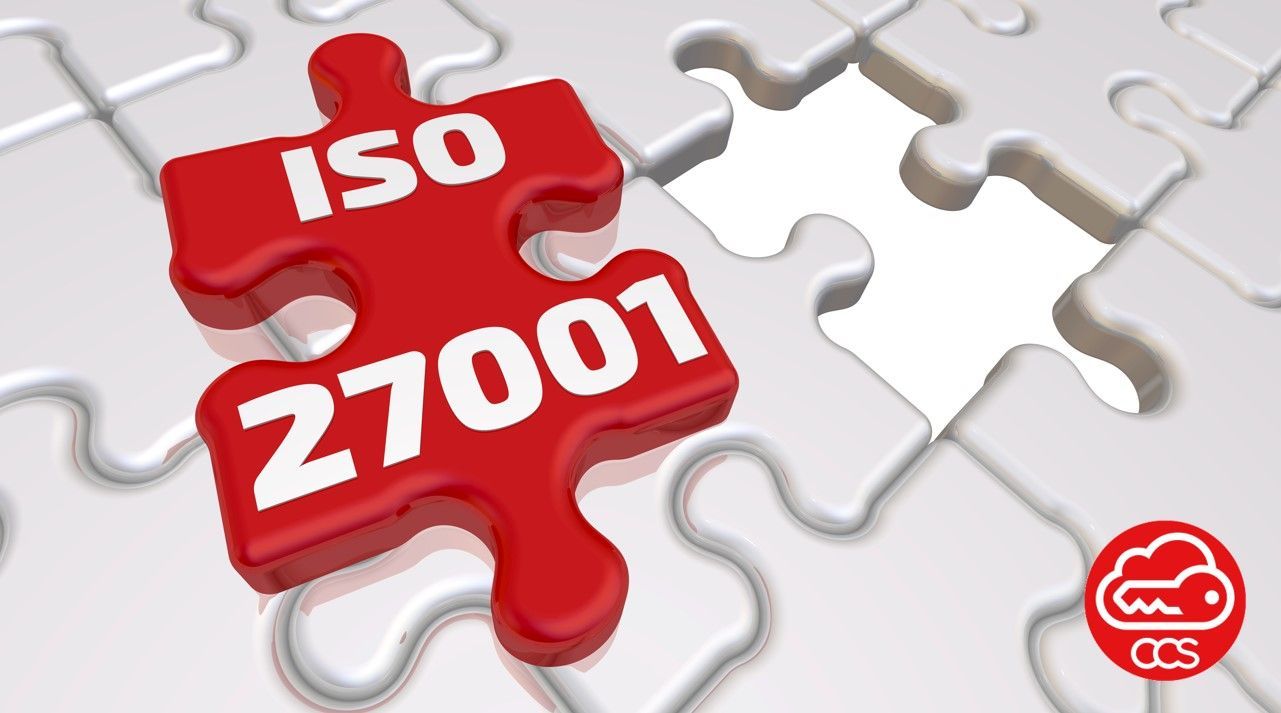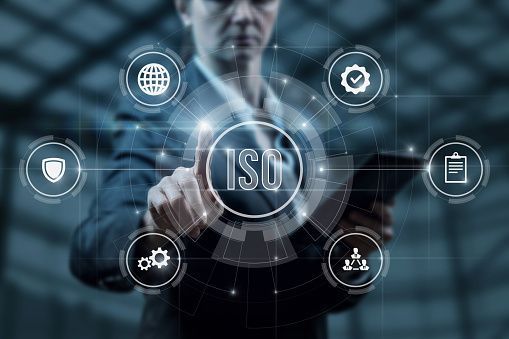Elevating the Role of CISO: The Importance of ISO 27001 in Information Security Management
In recent years, the role of a Chief Information Security Officer (CISO) has evolved from being a technical expert to a strategic business leader. As organizations face an ever-growing array of cyber threats, the need for a robust and systematic approach to information security management has become paramount. It is a globally recognized standard for information security, plays a vital role in the CISO's responsibilities. In this article, we delve into why a CISO needs ISO 27001 and how its adoption can elevate the CISO's position and recognition by the board.
Comprehensive Information Security Management
CISOs are tasked with safeguarding the organization's sensitive data and ensuring the confidentiality, integrity, and availability of information. ISO 27001 provides a comprehensive framework to establish an Information Security Management System (ISMS). This system includes policies, processes, procedures, and controls that address all aspects of information security, from risk assessment to incident response. Implementing this standard ensures that the CISO has a structured and standardized approach to information security, leaving no room for critical gaps in protection.
Proactive Risk Management
Cyber threats are constantly evolving, and the consequences of security breaches can be severe. A crucial aspect of the CISO's role is to identify and mitigate potential risks to the organization's information assets. ISO 27001 emphasizes a risk-based approach to information security, enabling CISOs to identify vulnerabilities, assess their potential impact, and prioritize risk treatment efforts. By adopting, CISOs can proactively manage risks and stay ahead of emerging threats, enhancing the organization's resilience against cyber-attacks.
Compliance with Regulations and Standards
Compliance with relevant regulations, industry standards, and legal requirements is a significant responsibility for CISOs. Failure to comply can lead to severe consequences, including financial penalties and reputational damage. ISO 27001 serves as a valuable tool in achieving compliance, as it aligns with various industry best practices and regulatory requirements. By implementing, CISOs demonstrate their commitment to meeting the highest information security standards, thereby assuring the board that the organization is in good standing regarding regulatory and legal obligations.
Enhancing Business Resilience
In the event of a security incident, the CISO is at the forefront of response and recovery efforts. It facilitates the development of an incident response plan, ensuring that the organization can handle security breaches swiftly and effectively. The standard also promotes business continuity management, enabling the organization to maintain essential operations during disruptive incidents. By demonstrating a strong ability to respond to and recover from security incidents, the CISO solidifies their position as a critical asset in ensuring business continuity and safeguarding the organization's reputation.
Building Board Confidence
The board of directors holds the CISO responsible for protecting the organization's most valuable assets – its data and reputation. By implementing, the CISO demonstrates a proactive and strategic approach to information security. The standard provides a structured and measurable framework for the board to evaluate the effectiveness of the organization's security measures. This, in turn, instils confidence in the board that the CISO is capable of addressing current and emerging cyber threats, thereby enhancing the CISO's recognition as a trusted and reliable leader in information security.
In the face of escalating cyber threats, the role of a CISO has become pivotal to an organization's success and reputation. ISO 27001 provides the CISO with a comprehensive and systematic approach to information security management. By adopting this global standard, CISOs can proactively identify and mitigate risks, achieve compliance with relevant regulations, enhance business resilience, and instil confidence in the board.
As a result, the CISO's position is elevated to that of a strategic leader, recognized for their ability to protect the organization from cyber threats and ensure the confidentiality, integrity, and availability of critical information assets.





